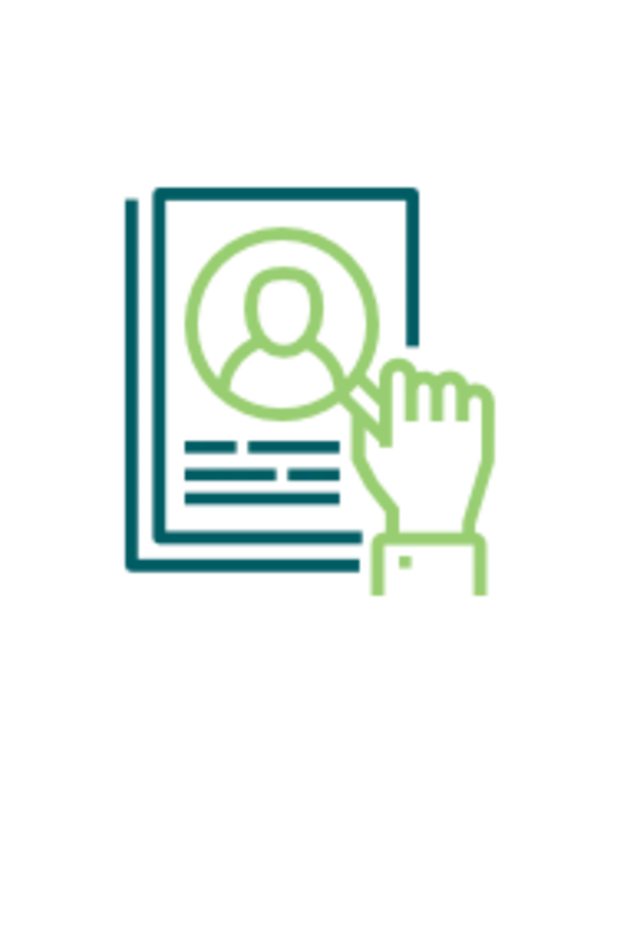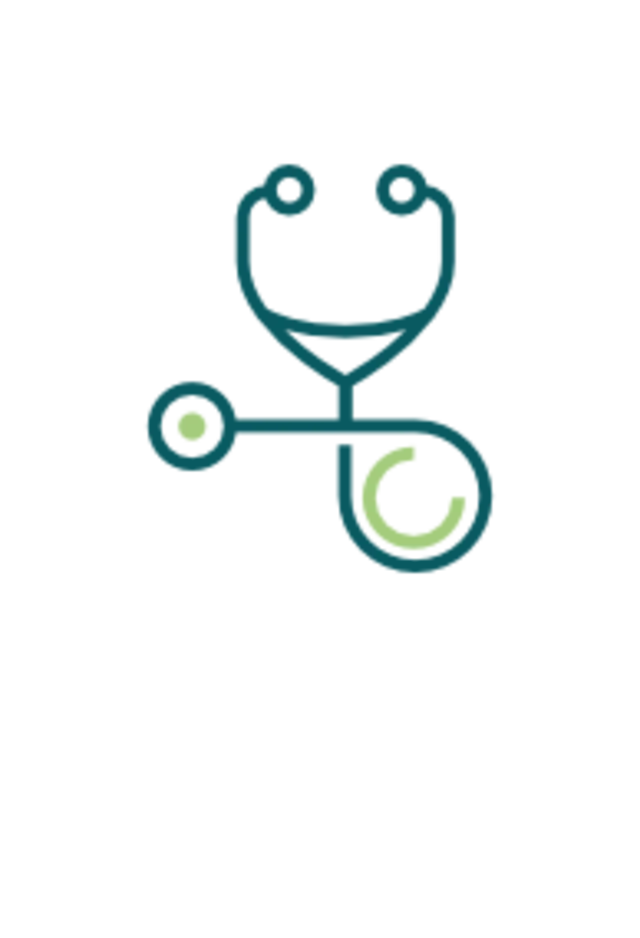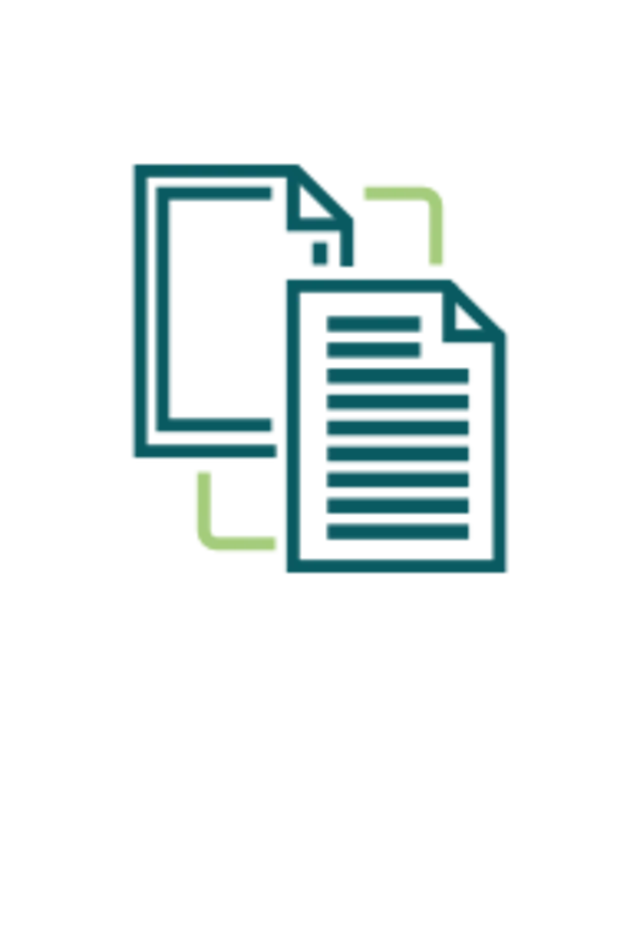Boston West Veterinary Emergency & Specialty
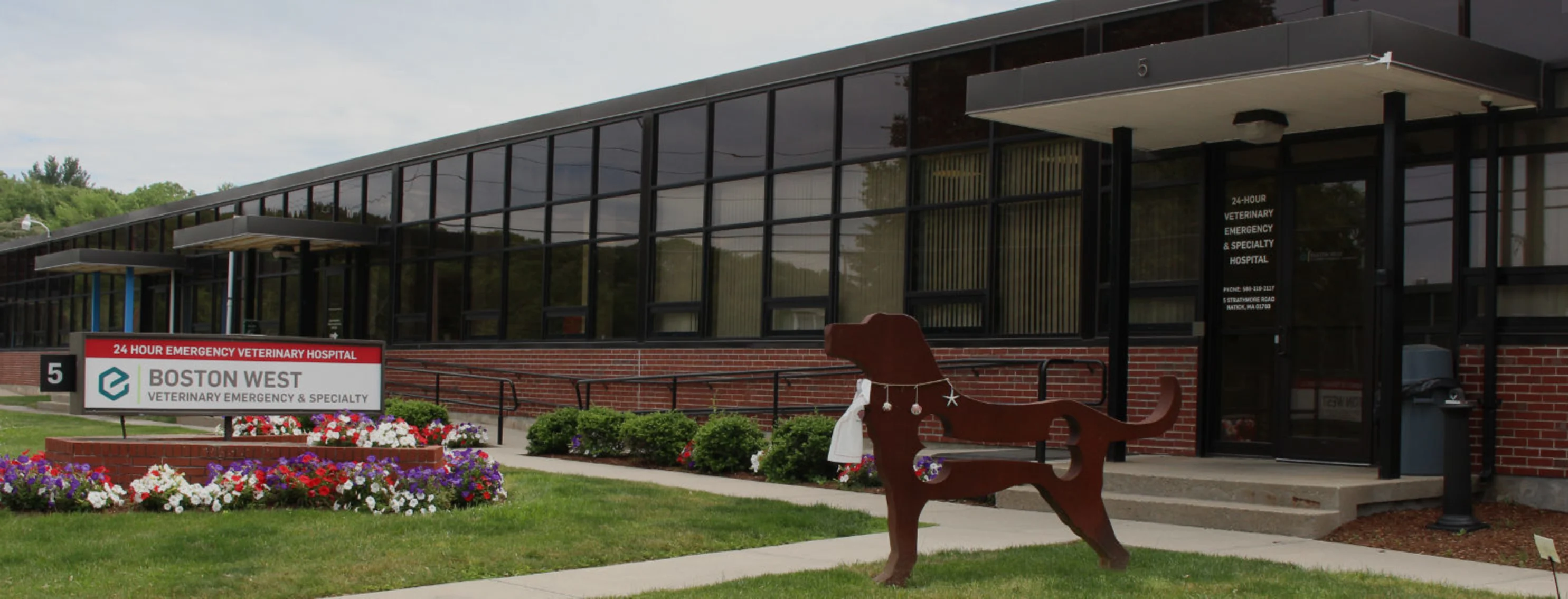


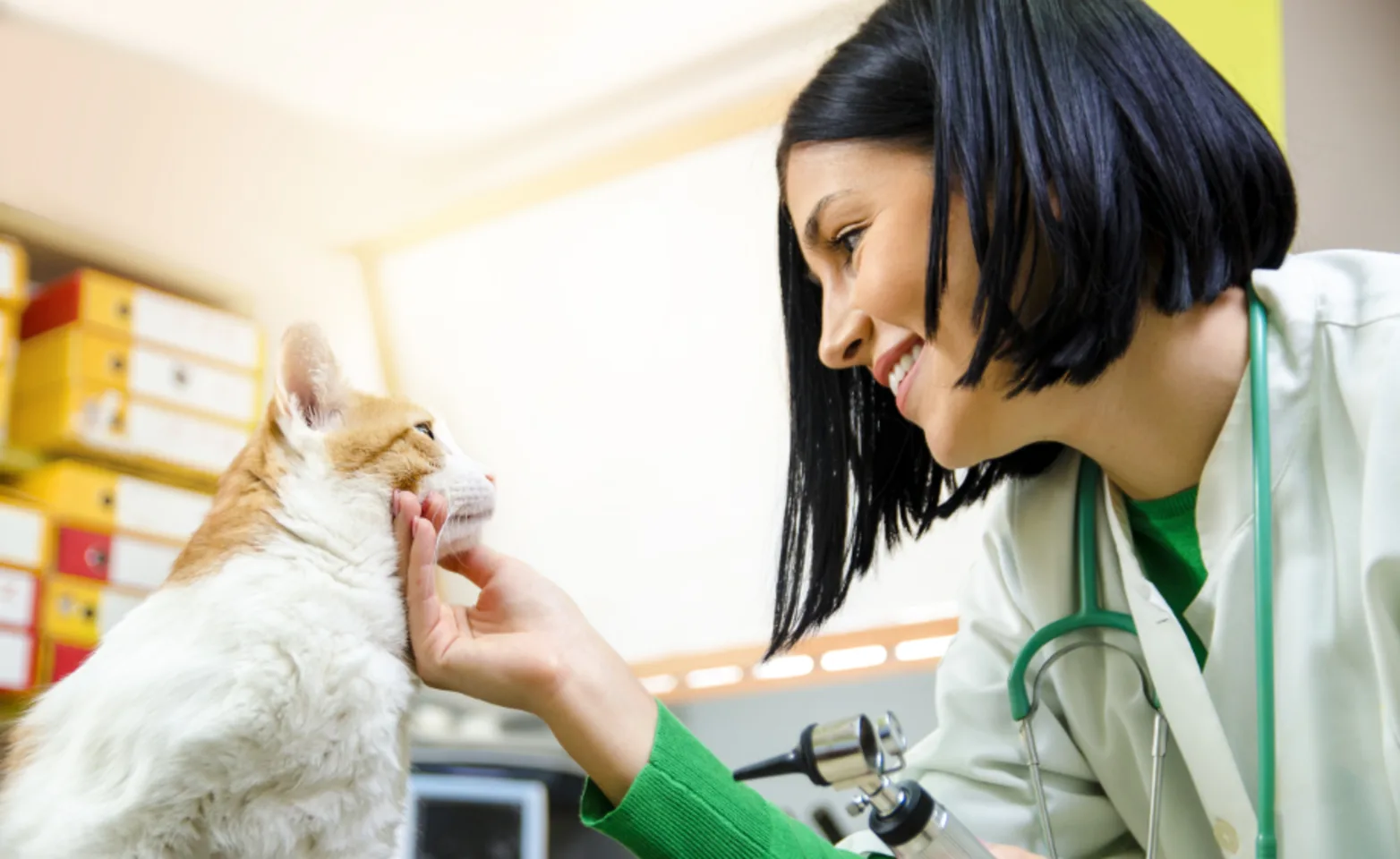
Highlights of Diagnostic & Therapeutic Options
Please contact us if you are seeking a service or treatment not listed here.
CT
Digital Radiography
Ultrasound: Abdomen, Cardiac, Thoracic, Musculoskeletal
Video Scoping: Cystoscopy, Endoscopy, Rhinoscopy, and more
Minimally Invasive Surgery: Arthroscopy, Laparoscopy, Thoracoscopy
Transfusion Medicine
